Latest
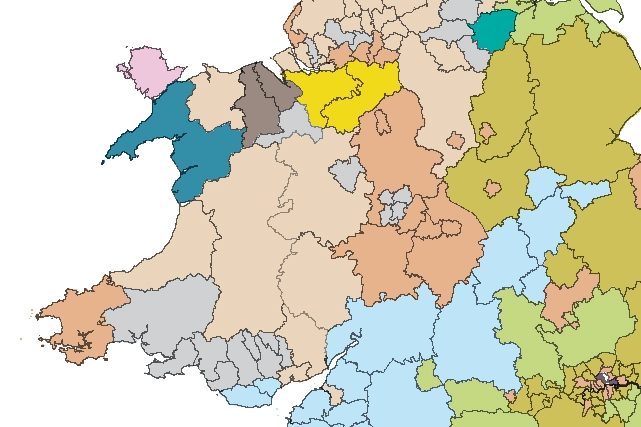
Map of BGS BritPits showing the distribution of worked mineral commodities across the country
18/02/2026
BGS’s data scientists have generated a summary map of the most commonly extracted mineral commodities by local authority area, demonstrating the diverse nature of British mineral resources.

Funding awarded to map the stocks and flows of technology metals in everyday electronic devices
12/02/2026
A new BGS project has been awarded Circular Electricals funding from Material Focus to investigate the use of technology metals in everyday electrical items.

MARC Conference 2025: highlighting the importance of conferences to PhD students
16/02/2026
BGS and University of Nottingham PhD student Paulina Baranowska shares her experience presenting her research on nuclear forensics at her first international conference.
Explore more news
Browse all news and events by category
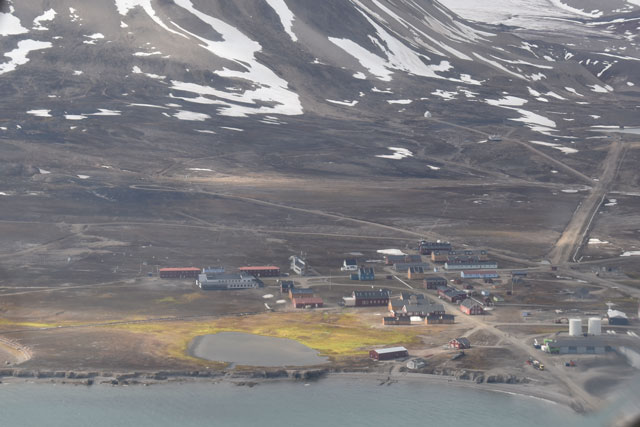
Glaciers retreat; soils emerge – summer fieldwork at 79°N
14/09/2021
Studying the evolution of newly emerging soils uncovered by retreating glaciers on the Svalbard archipelago in the Arctic Ocean.

BGS highlights the importance of geoscience for climate action in series of virtual lectures
01/09/2021
As part of BGS’s Geoscience Solutions for Net Zero campaign, the lectures will feature a range of topics delivered by experts in geoscience.
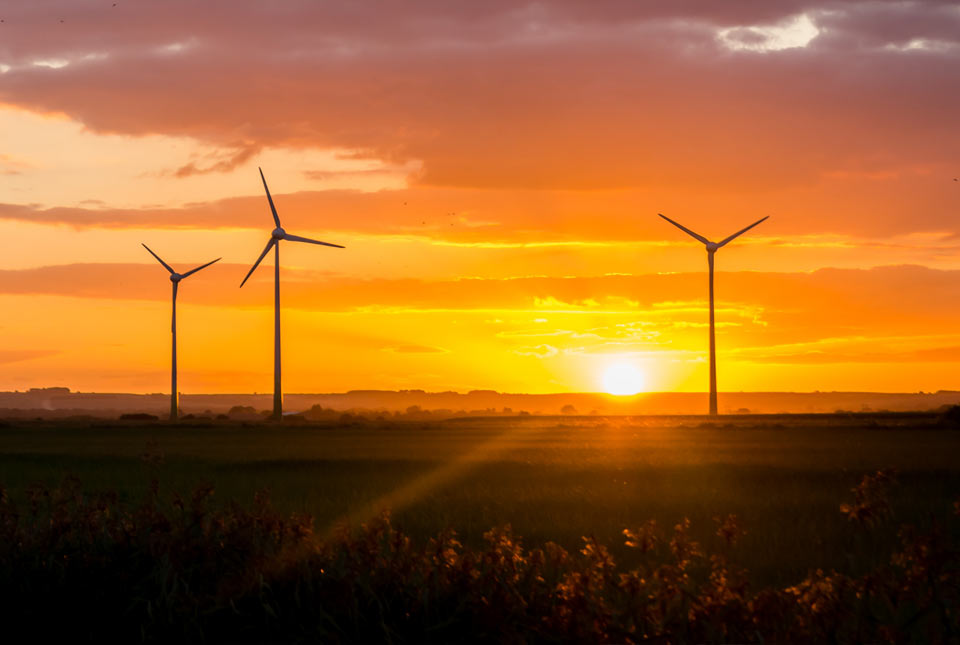
Chasing carbon
01/09/2021
BGS geoscientists discuss our latest research which is helping to provide geoscience solutions in the transition to net zero.
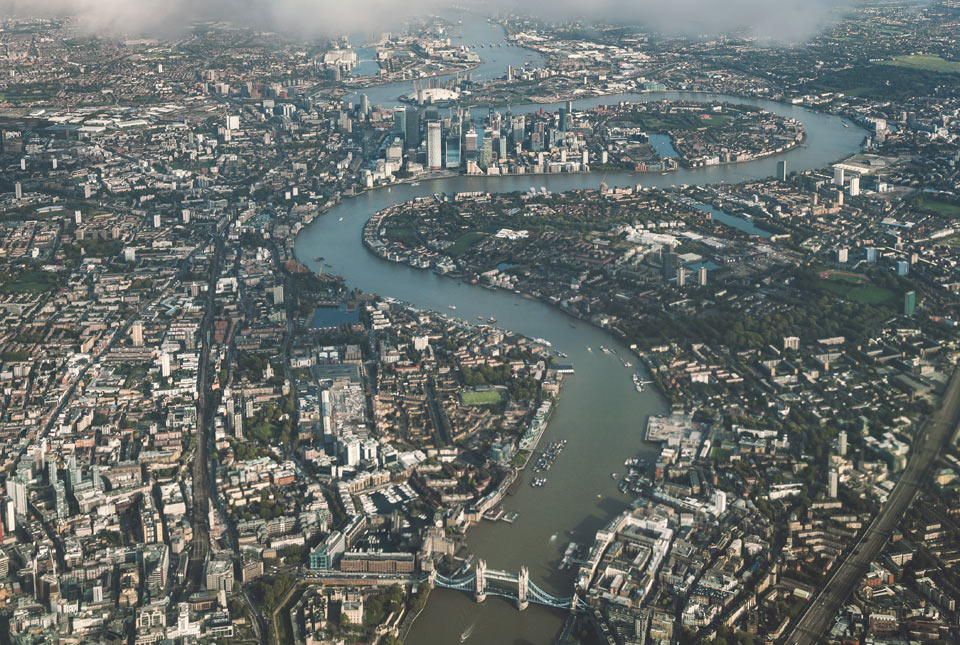
Climate change impacts on the UK
01/09/2021
Watch a special lecture by BGS geoscientists where they discuss our modelling projections and showcase our adaptation and mitigation research in the UK
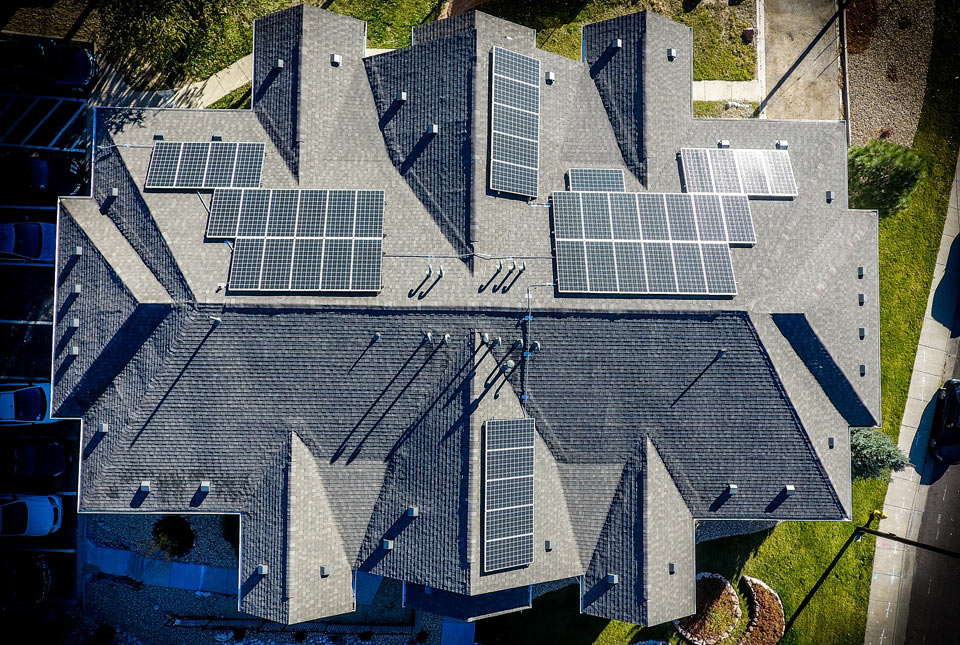
Couch to net zero
01/09/2021
Hear from leading BGS scientists in a special talk exploring the role of geology in our everyday lives and how it is helping to meet our needs in a changing climate.
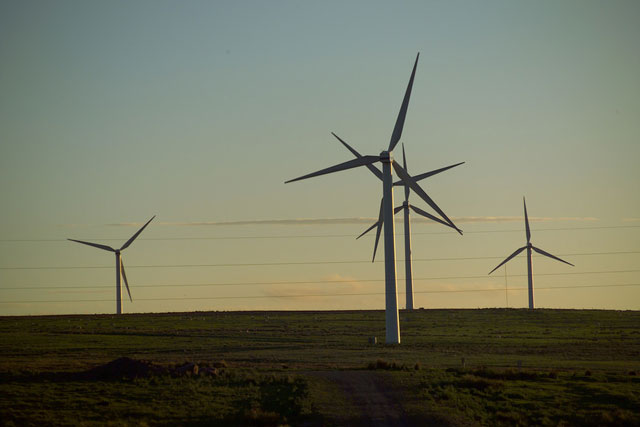
Underground energy storage: supporting the transition to net zero carbon emissions
25/08/2021
Underground storage for renewable energy resources could be a viable green solution as we transition to a net zero UK.

BEIS launches Climate Services for a Net Zero Resilient World (CS-N0W)
19/08/2021
A new programme will produce world-class research and advice to help the UK deliver on net zero targets.
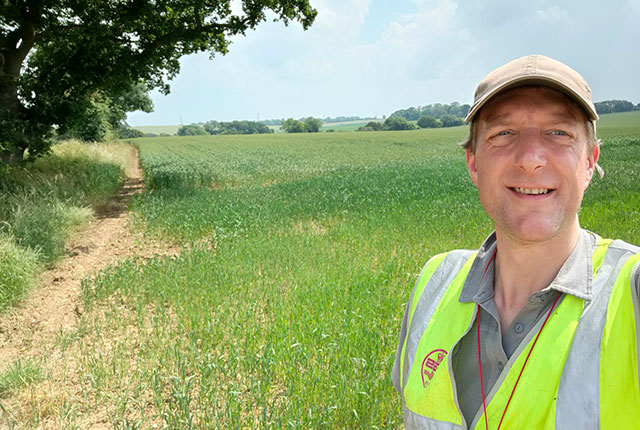
Back out in the field with Tromino
18/08/2021
Steve Thorpe discusses returning to fieldwork after the COVID-19 pandemic and trying out the Tromino kit.


